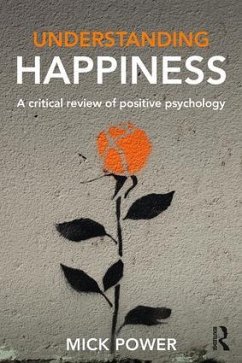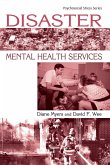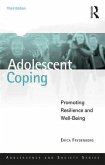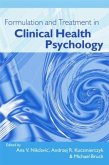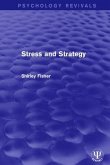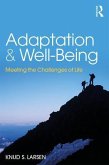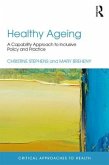We all want to be happy, and there are plenty of people telling us how it can be achieved. The positive psychology movement, indeed, has established happiness as a scientific concept within everyone's grasp. But is happiness really something we can actively aim for, or is it simply a by-product of how we live our lives more widely? Dr. Mick Power, Professor of Clinical Psychology and Director of Clinical Programmes at the National University of Singapore, provides a critical assessment of what happiness really means, and the evidence for how it can be increased. Arguing that negative emotions are as important to overall well-being as the sunnier sides of our disposition, the book examines many of the claims of the positive psychology movement, including the relationship between happiness and physical health, and argues that resilience, adaptability in the face of adversity, psychological flexibility, and a sense of generativity and creativity are far more achievable as life goals. This is a book which will fascinate anyone interested in positive psychology, or anyone who has ever questioned the plethora of publications suggesting that blissful happiness is ten easy steps away.
Hinweis: Dieser Artikel kann nur an eine deutsche Lieferadresse ausgeliefert werden.
Hinweis: Dieser Artikel kann nur an eine deutsche Lieferadresse ausgeliefert werden.

